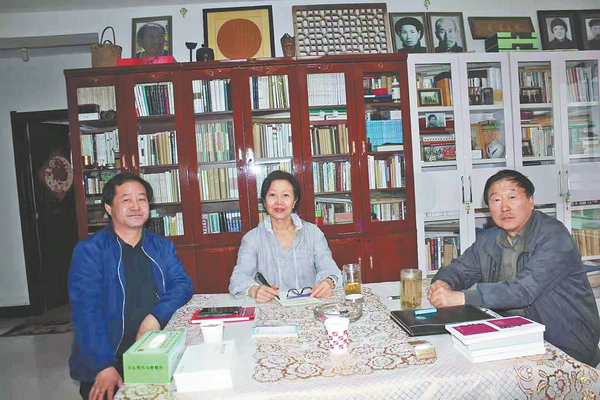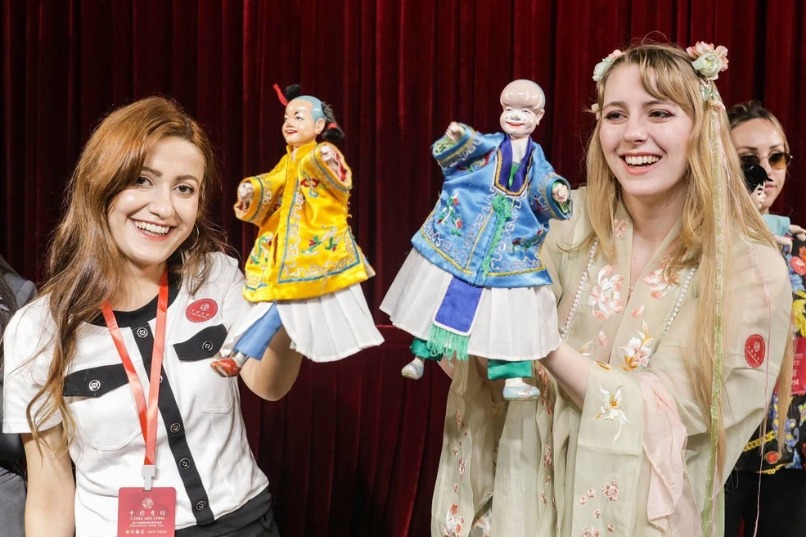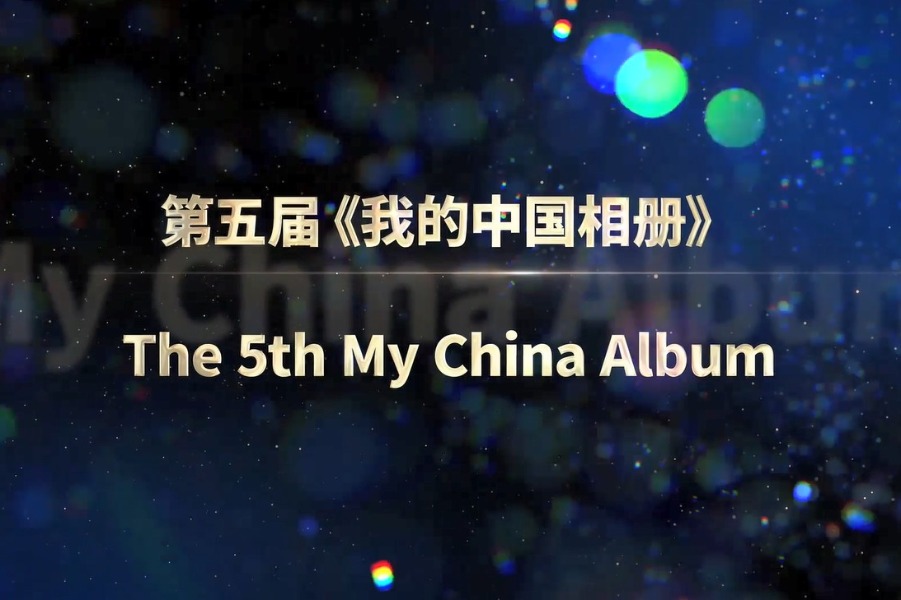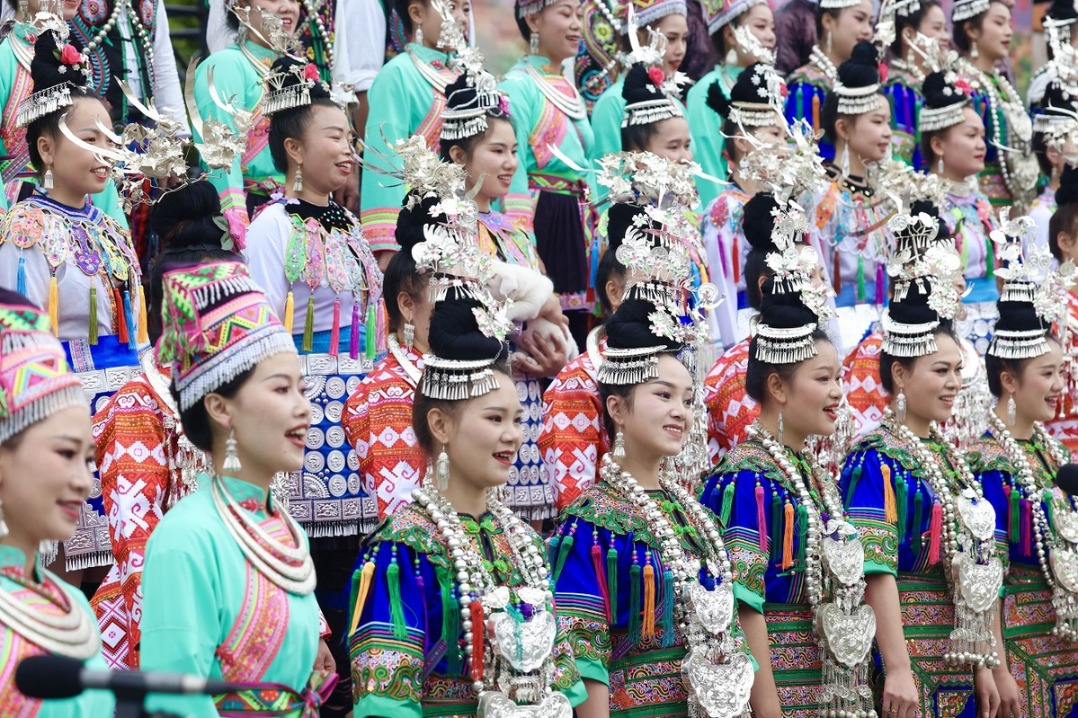Light at the edge of darkness
By Zhao Xu | China Daily Global | Updated: 2023-07-11 08:25

Magnitude of hardship
In 1993, Zhang gave up his job as a substitute teacher at the village school and moved back to his native hamlet to be a potato farmer-cum-shepherd. With his little rammed-earth house — the house has a brick facade — sitting at the western end of the hamlet, Zhang often found himself "entering that patch of splendor" as he herded his sheep home at the end of a long day.
"Those were moments of tranquility, for daydreaming and contemplation," says Liu.
But that's not all. "Writing is my form of resistance against life," reflects Zhang, who lived there with his wife and two children on a monthly income of about $70 until 2005, when he returned to the Yanchi county center to open a bookstore.
"I failed four times to pass the exams for high school back in the 1980s. And that was the end of my formal education," Zhang says.
The scarcity of educational resources, and his addiction to words and the consequent neglect of other subjects are certainly part of the reason. Poor health didn't help either. At age 10 and suffering from acute hepatitis, Zhang was taken by his father to the nearest hospital 20 kilometers away on a mule-pulled wooden plank cart. On their way back home, upon entering the hamlet, the boy, lying flat on the slow-moving vehicle, became spellbound by the heavenly blaze ignited by the setting sun.
"The world's dusk/pulls down its curtain here/and my heart is reluctant to depart," he wrote many years later in another poem, also included in the anthology.
"The twilight consoled me like my mother. It constitutes my spiritual home, to which I'm on an eternal return journey," says Zhang.
"The magnitude of hardship" is what Liu believes underlies Zhang's poems, although it is only referred to occasionally and obliquely. The fact that he had lived a life of monotony, surviving in one of the country's poorest and least inhabitable regions, has only sharpened his senses: Whatever little color he saw in his surroundings, he seized it, distilled it through his creative mind and then let it suffuse his poetry.
"He puts color in a world without much of it. He paints with his words and vision," says Jack Gismondi, who was just "Jack the plumber" to Liu until one day in October 2018, half a year after the latter's meeting with Zhang.
"I was staring at a painting at an art show held in my neighborhood, and there it was. Hanging right beside a piece of art was the writing of a man who had been fixing our showerheads and toilets all these years," Liu recalls.

That was actually the very first time Gismondi, who writes under the name Eli Stoneman, was asked to produce something to echo the theme of an art showcase. Early this year, Gismondi came up with a short story based on a walk he had taken with his step grandson a long time ago, for an exhibition titled East End Light: Then and Now.
"Reflective light was everywhere, on the trees and leaves that lay upon the ground and on the white pine needles sprinkled amongst the bare oaks, hickories and maples. It was a glittering shimmering feast for the eyes," read the piece, on display alongside paintings inspired by the unique quality of the area's light and atmosphere.
The sentences may have called to Liu's mind a few lines from Zhang's poem The Hunchback: In the tree branches by the house/a touch of red, moving/carrying with it the peacefulness/and a few hunchbacked men.
"Explaining his use of the hunchback imagery, Zhang Lian related how, reading profusely to quench his thirst for outside information ...he came across Charles Baudelaire's Chacun as Chimere (To Each His Own Chimera)", Liu wrote in an accompanying note to her translation of the poem.
Depicting a group of burdened men trudging along towards some unknown destination, the 19th-century French poet wrote, "... beneath the splenetic cupola of the sky, their feet plunged in the dust of a ground as desolate as the sky, they made their way with the resigned expression of those who are condemned to hope always".
"Frustration and hope, they are like night and day," says Gismondi, who was recently given a copy of Twilight by Liu. He has noticed some remarkable parallels between Zhang and himself.
Neither attended college and both were "taught by masters", to use the words of Gismondi. These included English romantic poet Percy Shelley, and American poets Emily Dickinson and Robert Frost — the last being a peasant poet who "transformed daily chores on his Vermont farm ... into meditative poems of astonishing beauty", to quote Liu.
Dickinson lived much of her life in isolation, a fact that has spoken powerfully to both men.
"Herding is a solitary endeavor — Zhang must have spent an awful lot of time talking to himself, and that voice has come across through his poems," says Gismondi, who has penned two full-length novels and a collection of short stories. "I talk to myself all the time while I'm working. That's where the ideas come from when I sit down to write — the time I spent as a plumber, working alone."
























